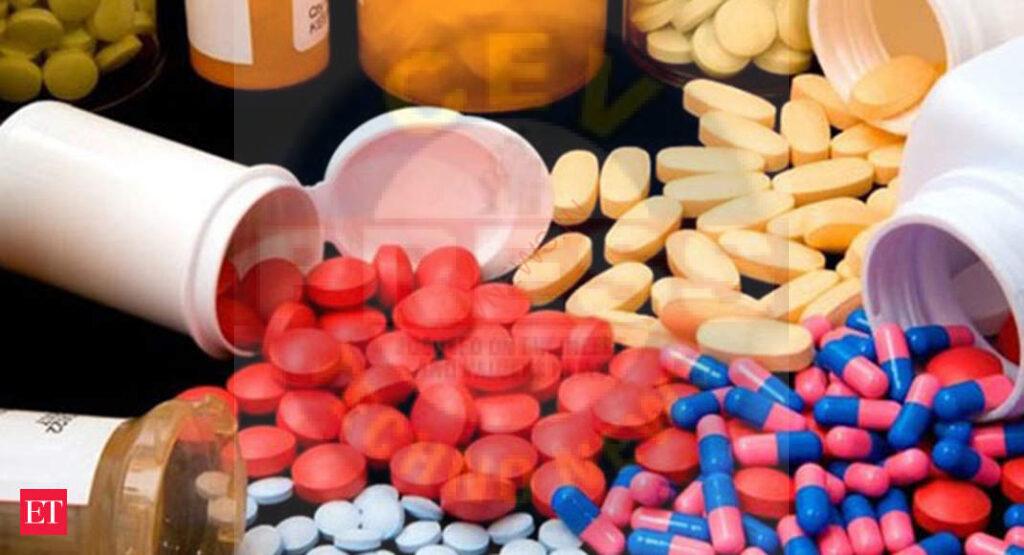Cardiac medication has emerged as the highest-selling drug therapy in India over the past one decade, while anti-diabetics drugs have catapulted to among the top five therapies sold in India during this period. What makes this surge stark is that anti-diabetes drugs were not even among the top-five selling therapies till 2011, and cardiac drugs till the beginning of the millennium.
At around Rs 21,000 crore annually, cardiac medication forms the biggest therapy of drugs being bought by Indians today. A decade ago, it was a third of its size and the second largest-therapy by sales. At around Rs 16,000 crore, anti-diabetes medication today is the fourth-largest therapy of drugs sold in the country, posting the maximum and an unfortunate surge among the leading therapies.
A long-series data on drug sales over the past three decades sourced from IQVIA, a human data science company, shows the fast emergence of lifestyle disorders related to heart and blood sugar in the recent years, in addition to acute illnesses.
In 1991, anti-infectives, vitamins, gastro-intestinal drugs, respiratory and pain medication were the leading five therapies sold in India. Three decades hence, the top order has changed to cardiac, anti-infectives, gastro-intestinal, anti-diabetics and vitamins.

Experts confirm this data trend from their experience on the ground. “The prevalence of lifestyle-related illnesses – diabetes, hypertension, cardiac and chronic kidney diseases – have gone up in the last one decade”, said SP Kalantri, director and professor of medicine at the Mahatma Gandhi Institute of Medical Sciences. “Rural areas are fast catching up with the urban areas on this trend. Obesity is also becoming common in rural India, and adds to that the consumption of tobacco and alcohol. The age at which people are getting heart attacks has come down steadily with several young patients having undetected blood pressure and diabetes,” he said.

“Since these drug therapies are fast-moving categories for which people are willing to pay, companies too have interest in coming up with newer molecules where money is to be made” said bioethicist Anant Bhan.
“These therapies have grown fast due to a significant increase in detection, driven by rising awareness and improved access to testing or diagnostic facilities,” said V Krishnakumar, executive director, Eris Lifesciences. “The pandemic has only accelerated this trend,” he said. According to him, the pre-pandemic projections of the incidence of cardio-vascular disorders and diabetes were already high. Covid-19 is likely to cause acceleration to these projections, given the genetic predisposition of South Asians to cardiometabolic disorders. The causation of diabetes due to use of steroids in Covid-19 therapy, and the impact of Covid on beta cells in the pancreas are being studied.
Covid-19 has recently been found to trigger new or early onset of diabetes in Kerala amid the second wave. “With an already high burden of non-communicable diseases, it will be interesting to see the impact of Covid-19 and post-Covid complications on lung health, cardiac and respiratory systems,” said Bhan.

